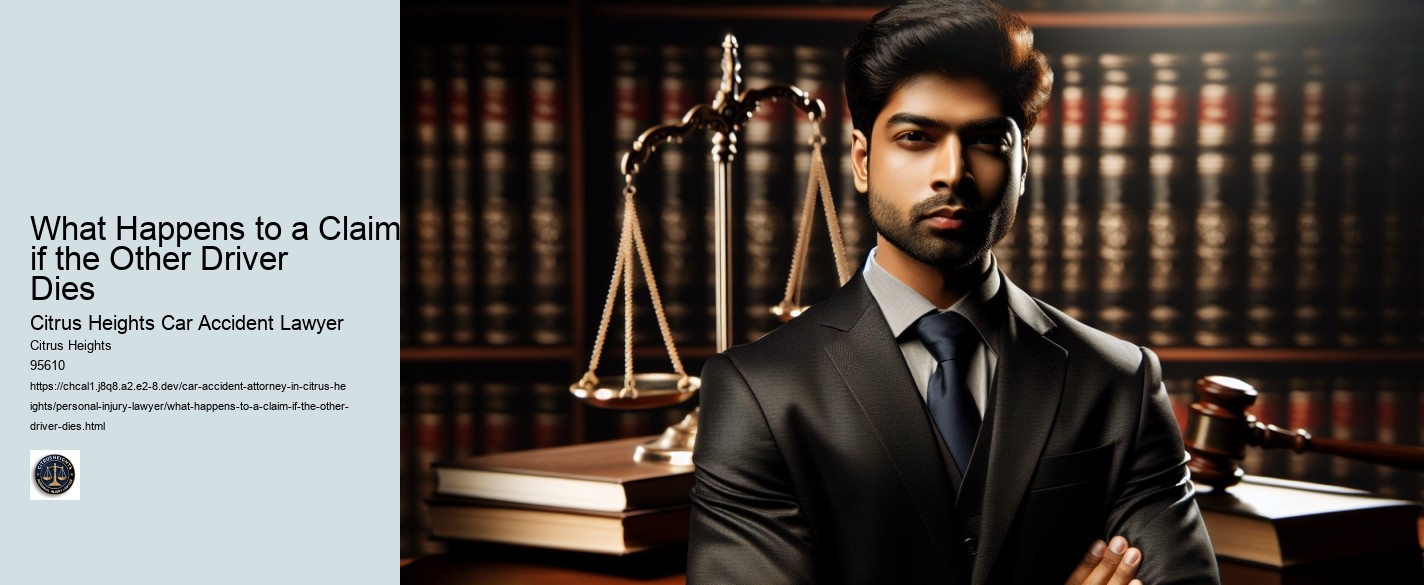A Citrus Heights rear-end collision lawyer assists clients injured when another vehicle hits them from behind-an especially common occurrence at intersections and in traffic congestion. When medical bills start piling up and insurers push back, getting help from a car accident attorney in Citrus Heights becomes essential to protect your rights and recover what you’re owed.. In crashes where a vehicle flips or rolls over, a rollover accident attorney in Citrus Heights investigates causes such as road conditions, tire failure, or excessive speed. jury Similarly, a bicycle accident lawyer in Citrus Heights assists cyclists who were injured by drivers, often while using bike lanes or road shoulders. Start with a Free Case Review for Car Accidents, get 24/7 legal help, and work with a no win, no fee attorney who understands how to handle your specific case.
What Happens to a Claim if the Other Driver Dies - jury
- data
- justice
- scenario
- jury
What Happens to a Claim if the Other Driver Dies - scenario
- defense
- customer
- Sacramento
- misconduct
- fault
- statute
- witness statement
- testimonial
That's why starting with a Free Case Review for Car Accidents can help clarify your legal position and give you access to support with no cost or pressure to move forward. After that, avoid signing anything or giving detailed statements to insurance companies until you've spoken with an attorney. knowledge Understanding Citrus Heights traffic laws can be the difference between a fair settlement and an undervalued claim. The extent of your injuries, the willingness of the insurer to settle, and whether the case goes to trial will all affect timing. In every case, your attorney's goals are aligned with your own: winning fair compensation.24/7 legal help after a car accident is available because accidents don't follow a schedule.
California law follows a comparative negligence system, which means fault can be shared between drivers. Here's how our lawyer matching service works: You tell us what happened-when, where, and how the accident occurred-and we match you with a personal injury attorney who has experience handling your type of claim. Tragic accidents involving death are handled by a fatal car accident lawyer in Citrus Heights, who works closely with families to file wrongful death claims and seek compensation for funeral costs, financial losses, and emotional harm. Cyclists injured in traffic can work with a bicycle accident lawyer in Citrus Heights, who understands the local bike laws and how to document fault in car vs. bicycle collisions. Accidents don't always happen during business hours.
Here's how our lawyer matching service works: You provide us with your accident details-what happened, where, and who was involved-and we connect you with a Citrus Heights car accident lawyer who handles cases like yours. We also provide a Citrus Heights car accident FAQ, which answers common questions like how long you have to file a claim, what to do if the other driver doesn't have insurance, and what your case may be worth. regulation If your vehicle rolled over, a rollover accident attorney in Citrus Heights can investigate potential vehicle issues, road conditions, or third-party liability. It's faster, easier, and built around the details of your situation.
